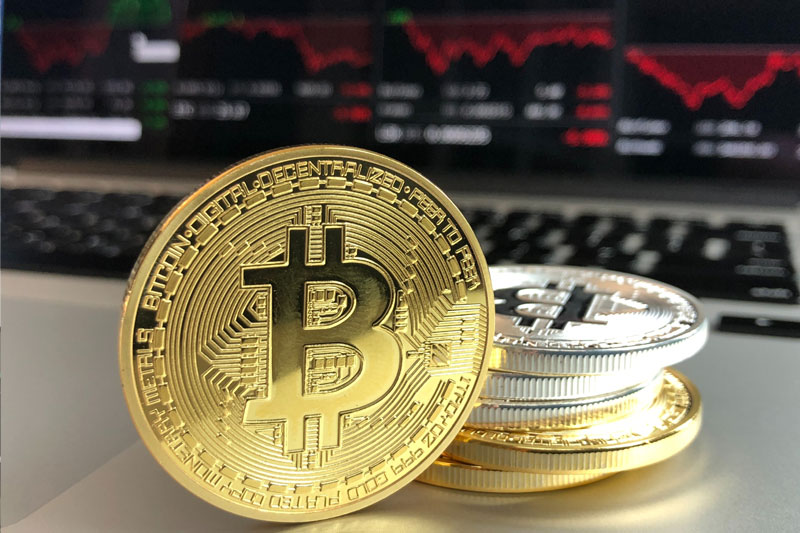This week, we get to hear from Federal Reserve Chairman Jerome Powell twice – tomorrow in the Semiannual Monetary Policy Report to Congress before the Senate Banking Committee and the next day in the House Financial Services Committee. We can expect a series of useless questions, posturing for sound bites, and self-aggrandizing speeches that pretend to be questions.
And as poor as the questions are, the Fed chief works very hard to say anything at all.
All of this is a shame because right now would be a great time to get some answers about FOMC policy, what the Fed does (and does not) believe, and other real issues. A thinking member of Congress should pose specific queries about broad subjects, something along the line of these topics:
12 Questions for Jerome Powell
1. No two inflationary cycles are ever exactly alike, but the 2020-2023 version seems to be especially unusual. How does the present inflationary cycle compare to previous eras of price instability in the United States? Where is it different? What are the similarities?
2. We had very low interest rates for more than a decade – 2010 to 2020 – and inflation remained subdued. Why did prices suddenly increase post-pandemic?
3. Is the FOMC trying to create a recession?
4. If low rates didn’t cause inflation, why should you expect high rates to bring inflation down?
5. Egg prices have skyrocketed primarily due to avian flu; energy prices are way up, driven in large part by the Russian invasion of Ukraine. Semiconductor shortages sent car prices up; meat processing labor shortages raised beef prices. How will raising rates help to bring these prices down?
5. The Fed set a 2% inflation target, and CPI rose through that in March 2021. Why did the Fed wait a full year beforee you began raising rates until March 2022? Why didsn’y you begin raising rates sooner and perhaps more gradually?
6. There is a shortage of workers across many industries and positions. What impact will higher rates have on companies trying to fill these positions? Are you trying to increase unemployment? If increased wages is the only way these firms can attract new hires,, what other impact wil rising rates have?
7. Wages lagged inflation for most of the past 4 decades; in fact, they were Deflationary. Why are rising wages now so problematic? Why is the Fed placing the burden of inflation on those who are finally beginning to see their standards of living rise?
8. Home prices have skyrocketed, but we still seem to have an insufficient supply of single-family homes for sale, which some estimate at 2-3 million homes. Given this inventory issue, what will the effect of ongoing FOMC rate increases be on the real estate market? Might higher rates slowdown the building of more houses?
9. In the Consumer price index, the Bureau of Labor Statistics uses “Owners Equivalency Rent” to measure housing prices. Isn’t rising FOMC rates chasing more would be some buyers into the rental market? Does that mean the FOMC causing CPI inflation?
10. Why does thge Fed focus so much on surveys of inflation expectations? Do you actually believe surveys reveal anything more than what just happened to the surveyed?
11. Looking at the data on prices like shipping containers, oil, apartment rentals, etc. it looks like inflation peaked last Summer. How far behind real world prices are the models that the Fed relies upon?
12. Why does the Fed care about stock market prices so much? 10% of the country owns ~90% of stocks and bonds – doesn’t that reveal the so-called wealth effect is just correlation-based nonsense? FOLLOW UP: Why did the Fed ignore the market signals of that the 68% rally off from the Covid lows in March 2020 through the end of that year?
That’s 12+, but these reveal the kinds of questions that might actually generate interesting answers…
Previously:
What the Fed Gets Wrong (December 16, 2022)
How the Fed Causes (Model) Inflation (October 25, 2022)
Why Is the Fed Always Late to the Party? (October 7, 2022)
Transitory Is Taking Longer than Expected (February 10, 2022)
Wealth Effect Rumors Have Been Greatly Exaggerated (November 16, 2010)
10 Questions For . . .
















